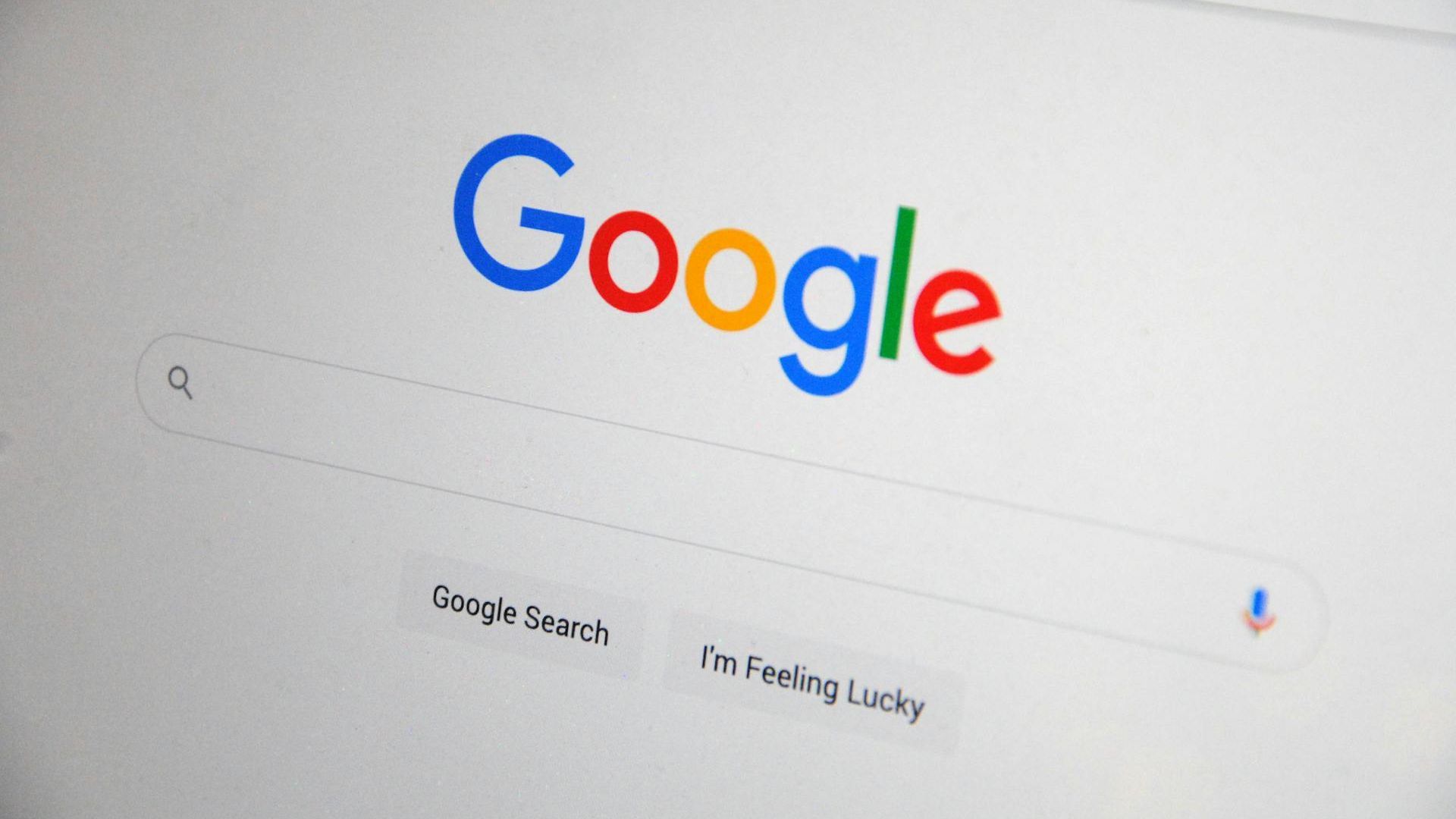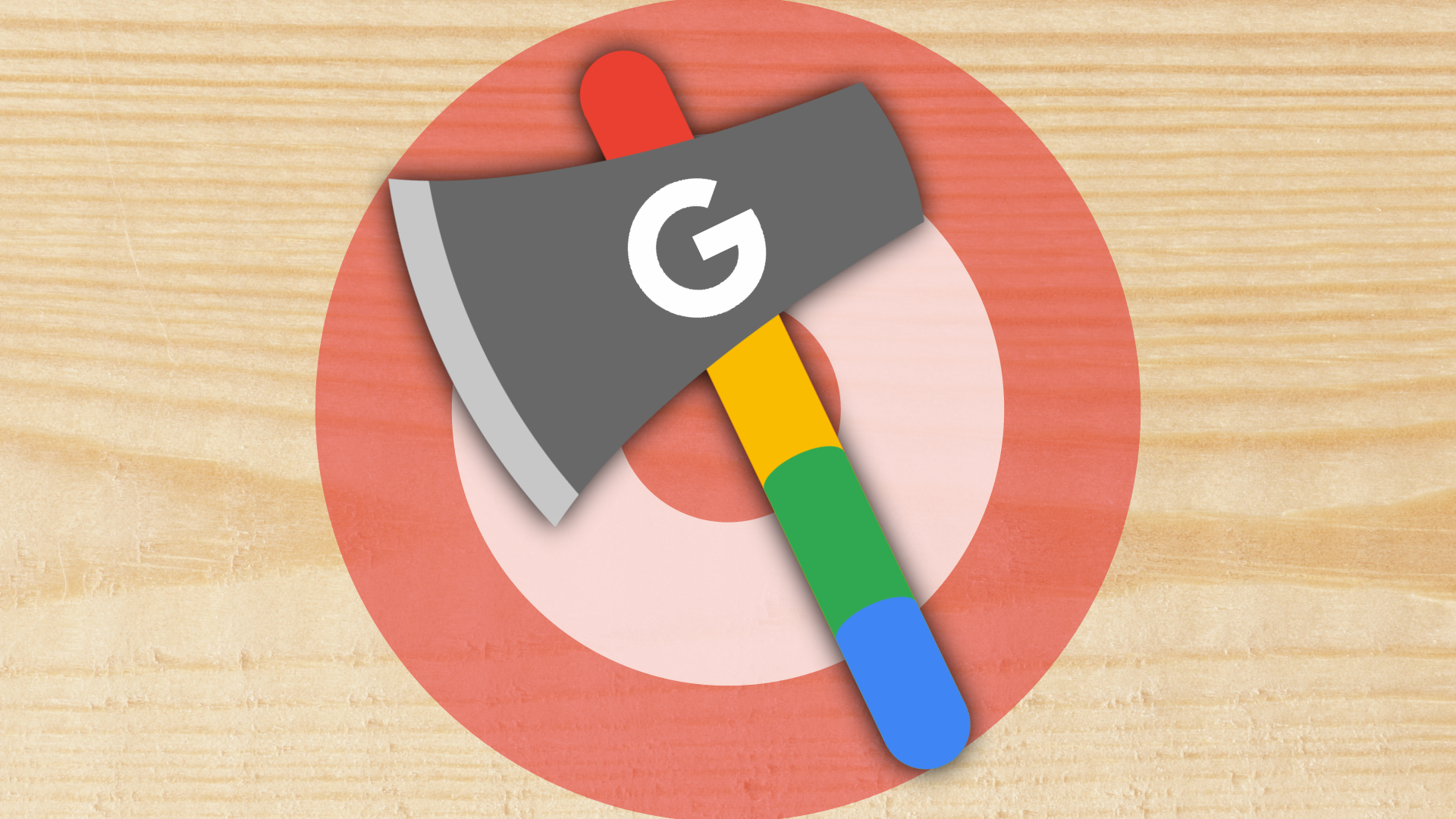Once famous for merely being the best search engine ever, its services now benefit large portions of the population at little cost. Google Maps, for example, helps countless people get where they’re going. And the Android Open Source Project has opened up hardware and software development to countless companies and markets. Even its unusual, Dutch auction IPO was originally structured, in part, to give the average investor a chance to realize profit.
But many of these respectable decisions were made a long time ago, paving a path for something that doesn’t feel very consumer-focused in the current year. So, let’s explore where things took a turn, likely resulting in Google’s currently tarnished reputation among its users and partners in 2024.
A history of misdirection
All the way from ‘not being evil’ to whatever this is now
It’s low-hanging fruit, but Google’s former “Don’t be evil” motto was never long for this world. It looked especially out of place when three fired employees sued the company for breaking contract by, essentially, being evil and violating the now-discontinued motto (which does still exist in the code of conduct).

Google’s new Transparency Center has big Don’t Be Evil energy
You can find policies on products, principles on AI, and even reports and appeals here
As UC Berkely Law professor Chris Hoofnagle explained, the motto originally related to Google’s clear separation of ads from search results and implied a moral mandate for operations, especially privacy protection. But users, journalists, and industry experts were never able to pin down Google’s precise definition of evil. Years later, the motto has almost disappeared, and the philosophy has clearly flown the coop entirely, illustrated perfectly by how much search is currently less and less helpful as Google continues to push AI on everyone.
Too many lawsuits to list
With direct implications of monopoly abuse and privacy disregard
Here are some examples of significant lawsuits against Google, and organizations that have sued or investigated Google. While not explicit proof of misdoings, with plenty of lawsuits expected for any large company, these cases, in particular, stand out, highlighting Google’s trajectory toward its current ill reputation.
- The United States DOJ, state governments, and consumers via class action: For privacy violations, two separate ongoing antitrust concerns, and the recently settled Incognito Mode tracking debacle.
- The European Union: For anticompetitive Google Shopping, Android app, and AdSense behavior, with another investigation currently underway, in addition to concerns over the now-GDPR-regulated right to be forgotten.
- Governments and newspapers worldwide: For Google’s supposed, secret bid-fixing agreement with Meta that gave the latter preferential treatment.
- Joffe v. Google, Inc.: When Google Street View vehicles were caught scraping data from home Wi-Fi networks, eventually classified as wiretapping.
- Patacsil v. Google, Inc.: Despite users opting out of location data services, Google continued surreptitiously recording said location data for marketing purposes.
- Epic Games v. Google: Two years after it lost a similar suit to Apple, Epic successfully argued that Google violated antitrust law by abusing its monopolies on the Android app and in-app payment markets.
Those are just a fraction of the legal hurdles Google has faced around the world. It’s won some cases, lost some, and settled more. All editorializing aside, such a flood of legal challenges makes for bad optics from any angle, especially when many of the lawsuits are centered around being anti-competitive while ignoring privacy rights and not being forthright about tracking, all things that certainly fly in the face of not being evil.
Increasingly terrible search results
Google search used to work a lot better
Source: Pexels
Google owes everything to its search engine, so it’s frustrating how difficult finding real information can be. It’s possible to find what you need — the “verbatim” setting helps massively — but it’s a chore. Useful information is buried under dozens of sites gaming ever-changing SEO algorithms for top placement, often despite the lack of substance or hands-on experience.
As for the “why,” it’s complicated, but worsening search results are an example of enshittification, a process whereby platforms exploit users in favor of business partners, then suck those partners dry while digging the platform’s grave.

Check your Google Search preferences if you made any changes in the last 2 weeks
Technical difficulties erased your Google Search Preferences
It’s a different type of evil for Google’s business customers, too. Increasingly obfuscated algorithms and fickle ranking requirements make it hard for worthwhile startups and grassroots organizations to gain traction in the SEO world.
Graveyard of endless dead products
When talented developers meet misguided management
Every year starting in 2021, we’ve published a requiem for our favorite discontinued Google products (2022, 2023). Some barely got any traction, while some (like Stadia) looked hopeful but suffered from critical mistakes that led to their demise.

As Google turns 25, here are 10 of my favorite products it’s killed off
We would have done 25, but we killed the other 15
Google’s smart home ecosystem seems to boast more dead products than supported ones. Google’s recent Reddit AMA exposed product-driven development as a key force behind abandoned services and busted features. Sadly, there’s no reason to predict this trend reversing soon, and after years of this happening product after product, there is little reason to try new Google features and products as everyone now assumes support to be nonexistent until the expected closure.
This pattern is so relevant it’s an ongoing joke with Google users, but the damage to the brand is clear: User trust is very low. Adding further insult, Google I/O 2024 failed to highlight little but the company’s obsession with AI (which now apparently just means any previously existing function but wrapped in an LLM). No fixes or roadmaps for broken products, no new products taking advantage of already-built features, no announcements of long-rumored hardware, just a bunch of hyped-up software tools built on increasingly tired tech rhetoric.

Over 70% of Android Police poll respondents viewed Google’s I/O AI push ‘close to an outright disaster’ or worse
Did the focus on Gemini and other AI tools excite you, or leave you filled with disappointment?
Hurting content creators and developers
Messing with the golden goose
Content creators — the backbone of YouTube — are constantly left in the dark as to what they’re allowed to publish and monetize, with significant portions of the content guidelines reading as vague. Inconsistent DMCA takedowns, predatory Android app developer fees, and active monetization obscuring are some direct examples. You’ll also be demonetized when you stop uploading, forcing everyone to work endlessly or lose their income.
This is a problem for Android developers, too, where Google will very much cut off your money when you stop updating an app, mirroring the YouTube situation, and with Google choosing what new features it pushes to Android that devs have to adhere to with their own updates, every dev is one Android update away from Google removing access to something that a dev can’t work their code around, resulting in demonetization, hardly a good deal for devs. And it’s not like Google isn’t well known for its automated false positives that lock dev accounts willy-nilly, another instance where your monetization is totally out of your control.
Will Google ever be “not evil” again?
I sure hope so, as the future currently looks bleak
It looks like the cat’s out of the bag on this one. There’s no end in sight to poor search results, YouTube’s too massive to properly moderate, corporate culture and promotion-driven development aren’t going anywhere, and Google will continue to lean into data aggregation and advertising to make its money while pushing AI into everything.
Nonetheless, Google does still employ talented engineers, many of whom work to improve products and the user experience. The decision to keep the Pixel 8a at a reasonable $500 price point illustrates how not everything is terrible. Another hope is that open-source endeavors like the Open Home Foundation can develop secure, privacy-acknowledging alternatives to Google software. It’s a long shot, but there’s a chance Google can turn a new leaf and get back to putting its users and partners first, though I sure won’t be holding my breath.
Source link




